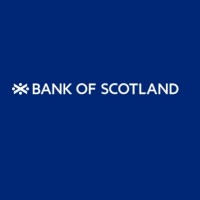
In a scathing verdict, Master Ellison said the bank’s behaviour had been “unconscionable”, the BBC reports.
He said it had caused borrowers to be “plunged into depression”.
The findings could have implications for thousands of Bank of Scotland mortgage holders across the UK.
The Housing Rights Service which took the case said if the bank’s practice had gone unchallenged, many borrowers would have lost their homes.
The bank is a major mortgage lender in Northern Ireland under the Halifax brand, and is ultimately owned by the Lloyds Banking group.
The case focused on the way it added arrears to the original mortgage borrowing.
That is a standard practice for tackling arrears and is known as capitalisation.
It has the effect of increasing borrowers’ monthly repayments.
The judge ruled that once capitalisation had taken place, the mortgage should no longer be considered as in arrears.
However, the bank continued to treat such mortgages as in arrears and used that as the basis for bringing legal cases.
The judge said this meant borrowers had been held in fear and were being threatened with repossession on account of an “erroneous and fictional arrears balance”.
He said the bank’s actions had distorted perceptions of affordability for struggling borrowers.
That was because they faced increased monthly payments to reflect the capitalised arrears and a demand for the immediate payment of those arrears.
The judge said this also distorted the true position in both the minds of those approached for advice and the courts.
He said this meant that “many” court decisions concerning suspended repossession orders had been made on “erroneous assumptions”.
Master Ellison said that as a result he was imposing a series of strict conditions on the bank if it tried to enforce any suspended repossession orders.
















